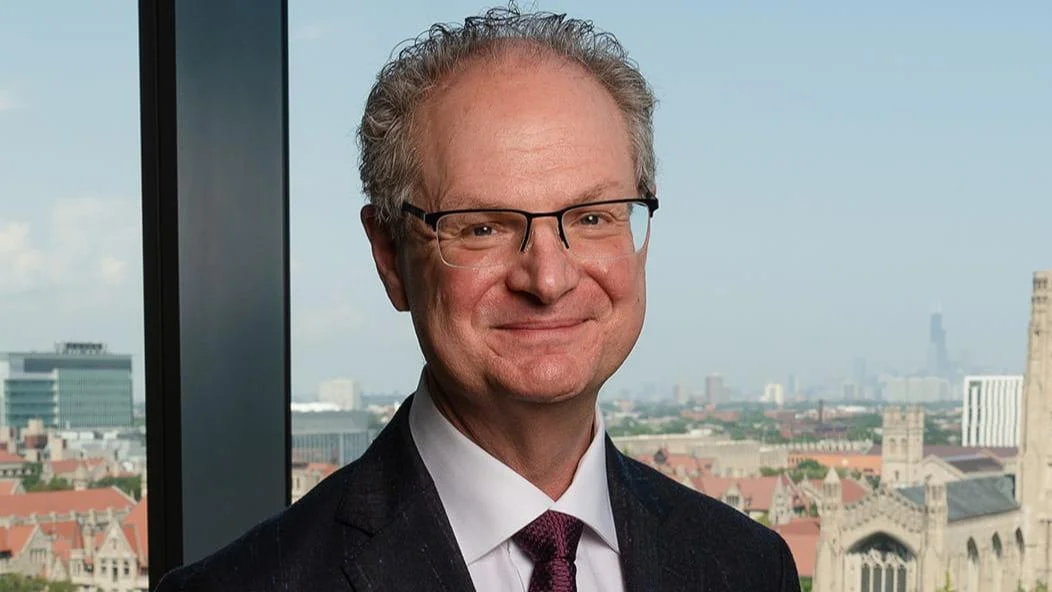A ceremony on August 27 marked the opening of two new science research institutes in Chicago, both involving the University of Chicago as a partner. The National Institute for Theory and Mathematics in Biology (NITMB) and the National Science Foundation Simons AI Institute for the Sky (SkAI) are supported by the National Science Foundation.
The NITMB is co-hosted by Northwestern University and the University of Chicago. Its goal is to create a national research community focused on integrating mathematics and biology, often described as seeking out the "rules of life." The center will use mathematical and statistical methods to investigate fundamental questions in life sciences.
The SkAI institute brings together UChicago, Northwestern, and the University of Illinois at Urbana-Champaign. Affiliates such as Argonne National Laboratory, Fermi National Accelerator Laboratory, and Toyota Technological Institute are also partners. SkAI will focus on developing open-source artificial intelligence tools for astronomers and astrophysicists to help analyze large volumes of data from telescopes worldwide.
Erin J. Adams, vice provost for research at UChicago, said: “Breakthroughs in science don’t happen in isolation—they emerge when researchers unite across disciplines, institutions and sectors. We are proud to partner with Argonne, Fermilab, industry leaders and peer universities to accelerate discovery and train the next generation of innovators. Initiatives like SkAI and NITMB showcase the strength of Illinois’ innovation ecosystem and the transformative impact of collaboration in tackling the greatest scientific challenges of our time.”
Senator Durbin commented: “Today’s ribbon cutting is an example of the incredible things we can achieve when Illinois’ outstanding universities and the federal government come together, especially at a time when funding for scientific research is under attack. Alongside the NSF and Simons Foundation, the National Institute for Theory and Mathematics in Biology and SkAI will contribute to the next generation of discovery, and our state will continue to lead the way in the industries of the future.”

